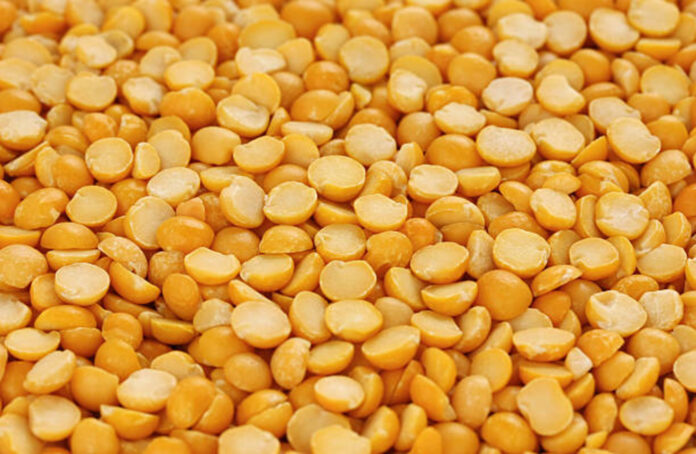In response to a supply shortage and delays in import shipments, the Indian government has announced plans to sell an undisclosed quantity of tur (pigeon pea) from its stocks in the open market. The decision aims to address concerns over soaring prices of pulses, a crucial source of protein for the majority of Indians. The arrival of an El Nino weather pattern and a deficient monsoon, which is currently 23% below normal, have further exacerbated worries about elevated pulse prices.
The Ministry of Food has directed the National Agricultural Cooperative Marketing Federation (NAFED) and the National Cooperative Consumers Federation (NCCF) to conduct online auctions among millers to offload pigeon peas from federal stockpiles. The quantity to be released will be carefully determined to ensure a balanced market until contracted stocks for import become available domestically. India heavily relies on imports to meet its overall domestic demand for lentils.
The government maintains a reserve of pulses to enhance supplies in the event of a spike in food prices. Rising prices driven by protein costs can significantly contribute to inflation and household expenses, prompting the government to implement various price-control measures before upcoming assembly polls in four states and next year’s national election. While the official advance estimates indicate a marginal increase in the overall output of pulses for the year 2022-23 (27.5 million tonnes compared to the previous year’s 27.3 million tonnes), the gains remain fragile.
Unpredictable weather patterns pose a constant threat, as any decline in output can swiftly drive up prices. This year, the prices of pigeon peas and black gram (urad) have already surged due to an erratic monsoon in rain-fed growing regions of Karnataka, Andhra Pradesh, and Telangana. Maharashtra, a major tur producer, experienced heavy unseasonal rains in October 2022, leading to an 18.3% drop in tur production and a 3.7% drop in urad production, despite the slight overall increase in output. Commodity traders anticipate that prices will remain high. In April 2023, retail inflation for pigeon peas and black gram stood at 13.7% and 4% respectively.
Myanmar’s imported stocks, which were expected to alleviate the situation, have faced delays, prompting the government’s decision to auction tur from its buffer stock, which is likely to help stabilize prices. To prevent hoarding, the government recently imposed limits on the amount of pigeon pea and black gram stocks that traders can store. Additionally, the central government has urged state governments to intensify price and stock monitoring efforts. Overall, the government’s intervention through the sale of tur stocks aims to mitigate the impact of supply constraints and ensure a steady availability of this essential pulse variety in the market.


